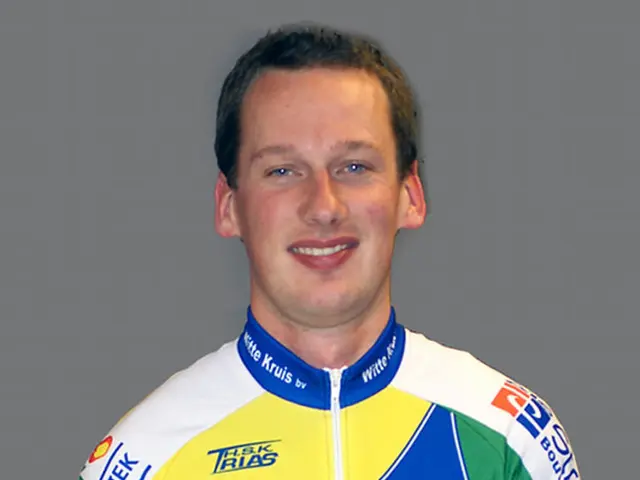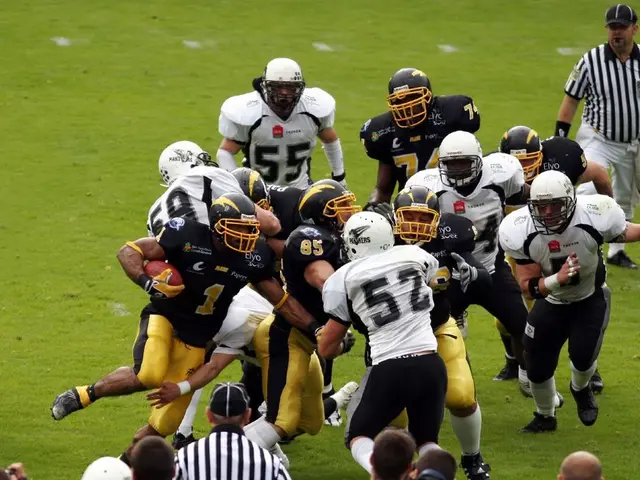Putin Discusses Valieva's Alleged Doping Incident
Several sports federations in Russia have entered collaborations with representatives of controversial and non-traditional medicine, leading to unclear cases of doping, most notably those involving tennis player Maria Sharapova and figure skater Kamila Valieva. This was addressed by Russian President Vladimir Putin during a meeting of the Council for Physical Culture and Sports.
According to Putin, the Federal Medical and Biological Agency (FMBA) oversees medical support for sports, particularly at the highest level. However, some federations continue to engage their own specialists working in controversial medical areas, which he referred to as non-traditional.
The President cited these partnerships as causing complexities, not only for the government but also for the massive sports fanbase. He highlighted the instances of Sharapova and Valieva, both of whom claimed they were unaware that they were using banned substances. Putin expressed dissatisfaction, noting that these cases were associated with the involvement of "shamans" in medical practice.
Emphasizing the need for order within sports medicine, Putin warned against enlisting such specialists to accompany athletes, as reported by TASS.
The collaboration between sports federations and non-traditional medicine practitioners takes place within the broader framework of international anti-doping standards, such as those set by the World Anti-Doping Agency (WADA). Russian sports federations, including the Russian Tennis Federation, abide by WADA's prohibited substance list and anti-doping rules, which apply to any treatments or supplements that an athlete may receive.
In the case of Maria Sharapova, despite testing positive for a banned substance, the Russian Tennis Federation defended her, indicating their involvement and oversight over her medical treatments while upholding anti-doping regulations. The case of Kamila Valieva, while specific details are limited, has raised questions about safeguarding young athletes from inadvertent doping through complex medical protocols.
In summary, Russian sports federations must manage athlete relationships with non-traditional medicine specialists under international anti-doping standards. The cases of Sharapova and Valieva illustrate the importance of careful regulation and documentation to maintain clean sport and protect the health of athletes.
- The President has expressed dissatisfaction with the collaboration between sports federations and practitioners of non-traditional medicine, such as the alleged involvement of "shamans," as this can lead to complexities and unclear cases of doping.
- In order to maintain clean sport and protect the health of athletes, Russian sports federations must manage their athletes' relationships with non-traditional medicine specialists among international anti-doping standards.
- The cases of Maria Sharapova and Kamila Valieva, both of whom were reported to have been using banned substances, emphasize the importance of careful regulation and documentation in health-and-wellness, science, and sports, specifically in medical-conditions, to ensure that such incidents do not recur.








